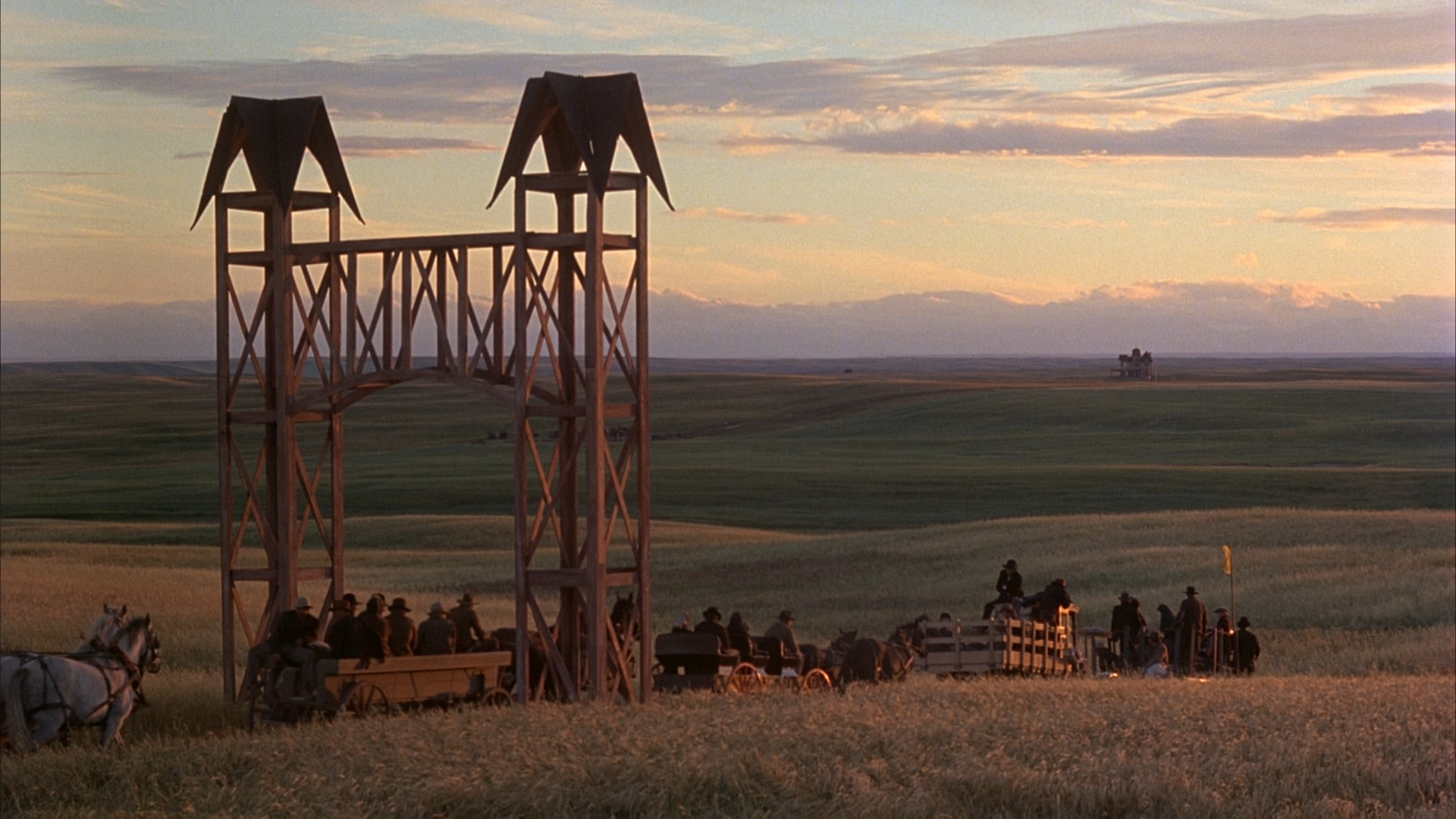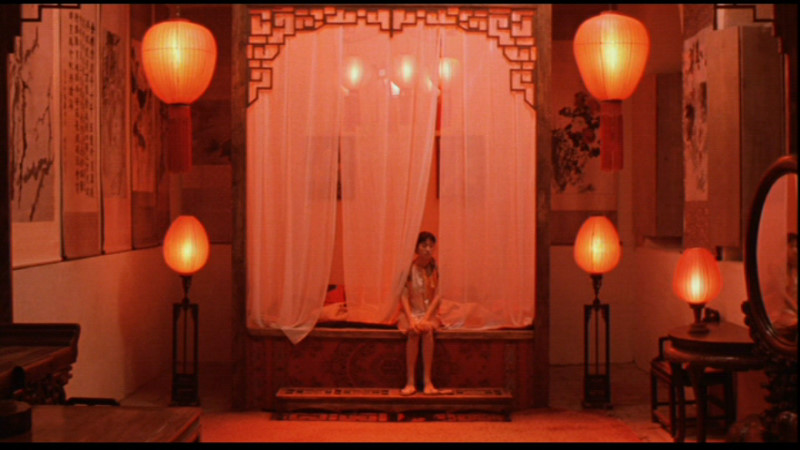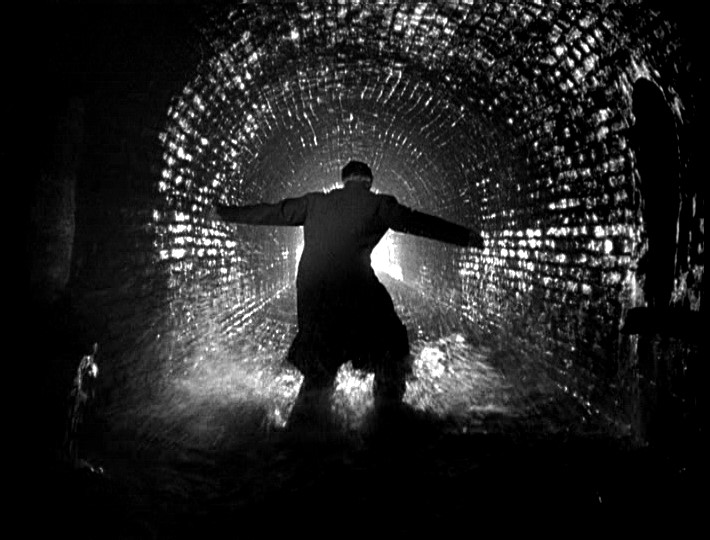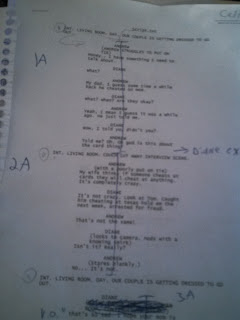At the start of this class I was scared to hold a camera. Previous incidents made me nervous, and a lack of exposure to getting out and filming made me feel hesitant to try. I think the main thing this class did was teach me that you have to be comfortable with doing what needs done. By necessity I got more relaxed holding a camera because I needed to be out looking for beautiful shots for my reel. By necessity I needed to learn how to communicate and trust my team.
I think hands on classes like these are vital to any student's success and any TCF student whom passes up this class is truly missing out. Sports filmers could learn about camera specs for location shoots, journalists could learn about communicating with directors, editors can learn about the intent of shots, and directors can learn about how to turn ideas into reality. This class is simply a must have for anyone in the department.
The course load is fair and I found myself surprised with how smoothly I managed to get each assignment done. While some weeks felt quite intense I actually didn't get into too much trouble with time constraints. The lessons were insightful and the material was relevant. You really can't ask for much more.
I hope to see you again.
En 312 Joshua Blog
Tuesday, December 10, 2013
Wednesday, December 4, 2013
Assignment: Demo Reel
Reel from Joshua Key on Vimeo.
My name is Joshua C Key. I have a hard time viewing myself as an artist. I enjoy creative activities, but I almost view my style as mechanical. I've always felt more like an engineer than an artist. Learning trades and skills then applying them and seeing the result, then going back to learn more when I am not happy with it. In this way my progress can often be glacial, but I'd like to think it's also steady. Rather than the uneven progress others might make I feel like I can always advance with each step, albeit at a measured pace. I love learning about all aspects of the process. Perhaps it shows in my varied course history. Audio editing, post production, directing, cinematography. I've dabbled in each aspect, learning the basics in everything. I feel this makes me uniquely qualified to assist in any production, but at times I worry about my lack of specialization. Entering into this semester I finally found my 'calling'. I simply fell in love with editing. There's something about arriving to the chaos of footage and slowly, methodically, organizing it into a structure that strikes me as endlessly fascinating. The way you take so much raw material and then craft it together into a finished product. And this is why I have come to realize that whether or not I am comfortable with the heft and weight of the title "artist" an artist is what I have to become. I'm learning to invest myself into my projects, and to bring my own flair to my projects. Even in the editing room your hands are all over the film and in that way you're touch is on the film. With the learning and skill of an engineer and with the bravado and courage of an artist I try to bring out the director's vision in a way that only I could. This isn't something that's easy and I know I have a long way left to go. That's why I've enjoyed this semester so much. Learning about camera work, about audio production, refining my skill as an editor, all of this gives me a deeper understanding of my task as an editor. Now I know why he pans, and what the pan means. Not in an technical sense, but from an artistic sense. I understand the emotion conveyed in tilt or a canted angle. This makes me a better editor but it also makes me a better communicator. My teacher this semester used the word "literate." When we entered the class he informed us, much to our dismay, that we were "Illiterate." In the language of film, editing, and cinema, we were still young learners. Each class has been unlocking a bit of the language, and now I feel like I am finally "literate" in the language of media production. I understand the terms, but more importantly I can now grasp the meaning. That, to me, has been the most useful thing of this semester. I've gone from purely practical "engineering" to "art". While I still feel I am only at the cusp of this process, I am at least glad to have begun that transition. I am grateful to this college and the professors for the time and effort they've invested in me. I've always said I'm not a man with many 'talents'. That anything I have achieved or will achieve was by learned practice rather than innate skill. However, I don't think this makes me worse off. Where some might, through luck or genius, achieve a great work. I have practiced my skills enough to produce "Art" with the consistency of an "engineer" and so it's come full circle.Thursday, November 21, 2013
Tuesday, November 12, 2013
Blog #8 Visual References For Scene Assignment
Parenthood, dark, color adjusted
Bright lighting
couch shot
My goal for this scene is to transform a relatively dramatic moment from "Parenthood" about a mother and father cheating and it's effects on the son into a silly little farce like what you'd see in Modern Family. I will use bright lights with soft shadows from Modern Family and combine it with a single camera style and a couch interview scene to create the appearance and 'feel' of a a Modern Family scene using the basic premise from the Parenthood scene.
Blog #7: Best Camera
The "Best" camera is the one that suits the task that you currently have to achieve. That means that if you need slow motion the "Best" camera is the one that shoots sixty frames. (such as thev t2i or the 7d) If you need a quick shoot then the one that is "best"is the one with the best workflow. (such as the 5d with it's SD card and NOT the HDV with it's tape) The best camera really depends on the needs of your shoot at the current time.
Thursday, October 24, 2013
Monday, October 14, 2013
Blog Post #5 Inspired Lighting

The Maltese Falcon uses lighting to put her in jail before she's there.

The exorcist uses lighting to show the terror of our villain.

Baraka is one of the most beautifully shot films in history, using slightly askew lighting to tell a narrative that is equally askew of out world.

Days of heaven, which i watched thanks to you, is just stunning. The golden hour lighting turns landscapes into portraits.
Stark color contrast is used in The Last Emporer to assign meaning to visuals. Red for menace paints our protagonits.

Raise the red lantern floods every shot with color, making it essential viewing for a film that breaks all the rules so well.

The Third Man is iconic for it's pitch black blacks and it's huge exaggerated shadows.

The Cook, The Thief, His wife, and Her Lover is a film with a very unique visual style. The frame is always crowded with stuff which is all lit perfectly. I can only imagine how they made this work.
(with abotu 30,000 K, right?)
Amelie is a very saturated film which adds a unique flavor to it. But when it comes to films enhanced by a color tone..
O Brother Where Art Thou, for good or ill, introduced us to orange and teal. The color correction duo that every blockbuster since has strives to imitate. Howeever what always set this apart was the beautiful natural lighting that went along with this color. Everything pops.
Subscribe to:
Comments (Atom)








